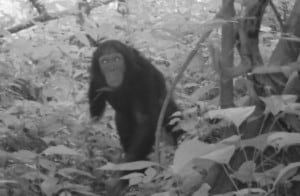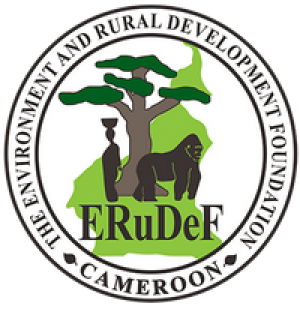[one_third] [/one_third]Snare wires are posing a serious threat to wildlife species in the Tofala Hill Wildlife Sanctuary.
[/one_third]Snare wires are posing a serious threat to wildlife species in the Tofala Hill Wildlife Sanctuary.
Videos downloaded recently from Camera traps planted in the Sanctuary to monitor wildlife species portray a number of wildlife species with injuries inflicted by wires planted in the park by adjacent communities.
The snare wire used in hunting in this area is a near-perfect killing machine; simple, cheap, lightweight, easy to make, easy to set up and almost impossible to escape! The typical snare used in the Tofala area is a long wire with a loop formed by a slip knot. The highly tensed loop is fastened to a flexible tree. The loop is left opened and placed in the path of animals.
This common hunting practice has caused severe impacts on the wildlife species of the area. The non-selectivity and frequent incidents of severe wounding of animals has made most wildlife species in the area even more threatened.
According to the Environment and Rural Development Foundation (ERuDeF)’s Director of Conservation, Allen Tabi, so long as local people are hungry and poor, snaring will continue to prevail and inflict severe injuries to and cause the death of curious young chimps, monkeys, civets and other wildlife species indiscriminately.
Meanwhile, the wires in the Tofala Hill Wildlife Sanctuary seen in the camera trap videos, were identified and destroyed by local eco-guards, volunteers and field staff.
Tofala Hill wildlife Sanctuary of the Lebialem Division, Southwest Region of Cameroon is a rich biodiversity hotspot with the wildlife species; Cross River gorilla (Gorilla gorilla delhi), the most endangered subspecies of the African chimpanzees (Pan Troglodytes ellioti) and several species of monkeys. These species are possible victims of snares wire, if steps are not taken to identify and destroy all the wires in the Sanctuary.
By Allen Tabi
